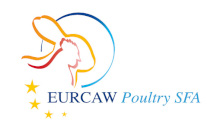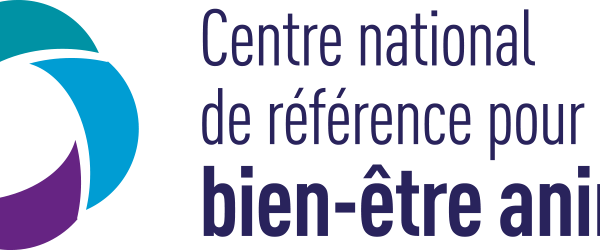Document type : article from the Web-agri site
Author: AFP
Preview: Cattle and sheep farmers in the Gironde signed a "Good Practice Charter" with local authorities on Friday at the inauguration of their abattoir in Bègles, near Bordeaux. They describe the agreement as "a national first".
Through this "Charter for exemplary good practice in animal welfare" the Gironde Farmers' Group (GEG), a production group of 120 producers working for local suppy chains, undertakes in particular to provide its animals with "optimized housing conditions, with spacious corridors, stalls and pens". The slaughter process will also involve "a slower pace and prior stunning" of the animals, or the background broadcasting of "familiar sounds from nature (birdsong, the trickle of water)". The new abattoir has a glass reception room overlooking the slaughter hall and will be open to the public on Heritage Days in particular, as laid down by the "transparency and communication" section of the charter. "Showing everything that we do is in our own interest," the Director of the abattoir Mathieu Viengkham explained to AFP. "People imagine things, rely on the images published by L214. Here, the slower pace allows us to work properly". A monitoring committee, jointly established by the Bègles municipality, Bordeaux Métropole, the Nouvelle-Aquitaine region and national government, will have the duty to ensure that the charter is followed, said by its signatories to be the first of its kind to be created by a production sector and local authorities.
The abattoir occupies 1,700m2, including 300m2 for a meat processing unit and a direct-sales shop. Operational since April 2021, it cost 5.2 million euros, two-thirds of which came from the GEG. It has a "low" slaughter rate - 4 to 5 cattle per hour - allowing "the staff to work in very good conditions, without stress, for either the humans or the animals," according to the GEG (70 employees, 15 million euros in sales).




